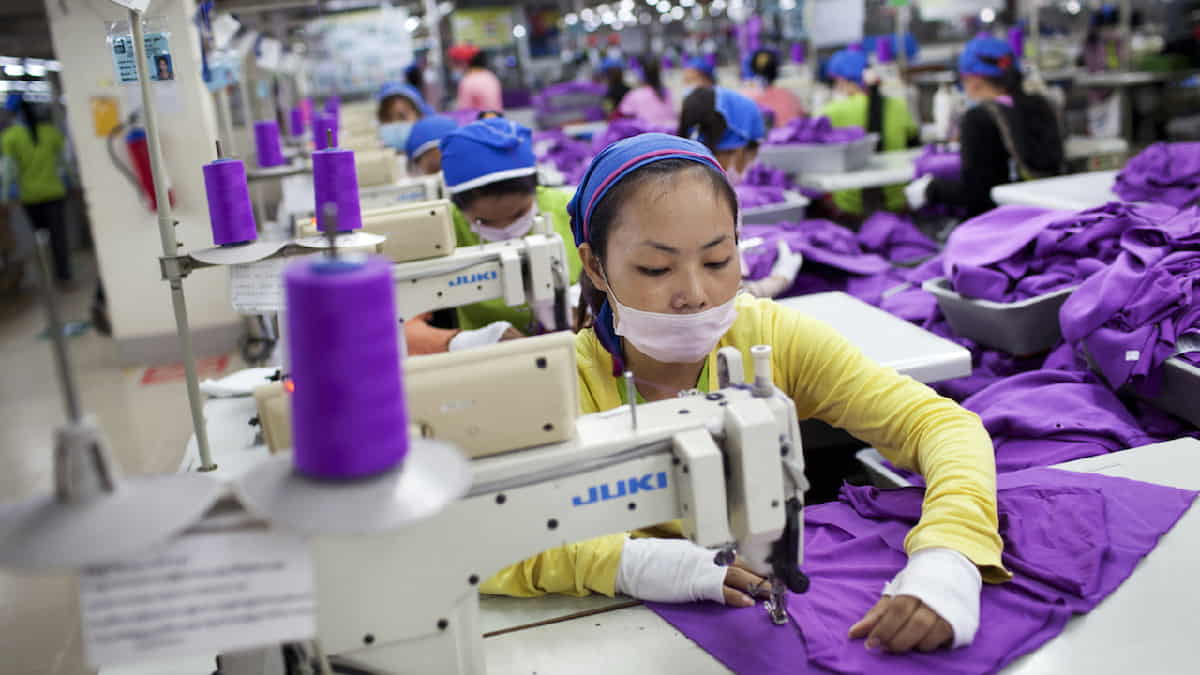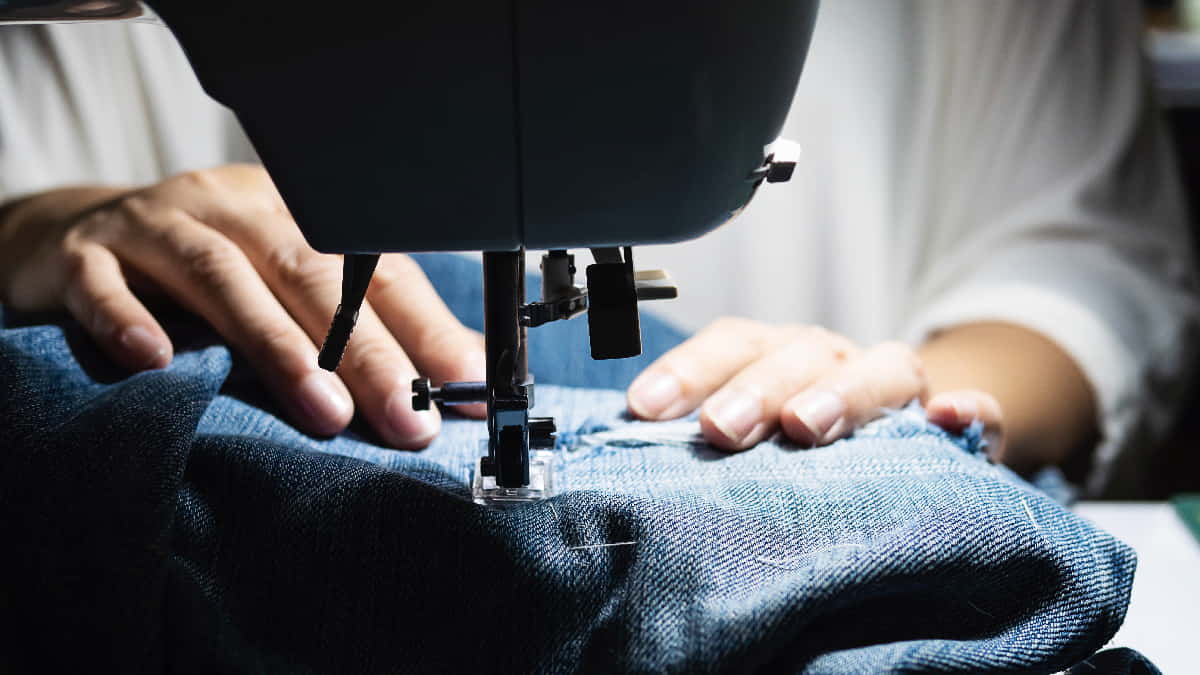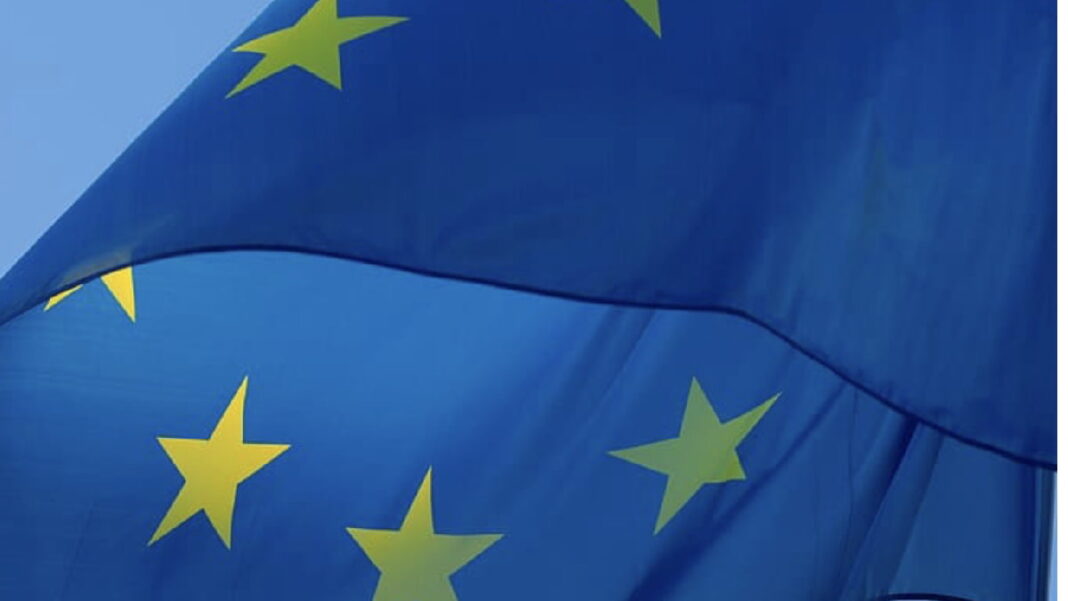The European Commission, which recently presented a package of European Green Deal proposals, announced a new textile strategy. The package aims to make sustainable products the norm in the European Union (EU), boost circular business models and empower consumers for the green transition. The aim of the textile strategy is to make textiles more durable, repairable, reusable and recyclable, to tackle fast fashion, textile waste and the destruction of unsold textiles, and ensure their production takes place in full respect of social rights. In addition to a proposal regarding the construction products, the package also includes a proposal on new rules to empower consumers in the green transition so that consumers are better informed about the environmental sustainability of products and better protected against greenwashing.

EU textile strategy will support circular business models
European consumption of textiles has the fourth-highest impact on the environment and climate change, after food, housing and mobility. It is also the third-highest area of consumption for water and land use, and the fifth-highest for the use of primary raw materials. It is stated that Europe’s overconsumption of clothes, shoes and household textiles uses up 675 million tonnes of raw materials every year.
The European Commission has announced that the specific measures for textile strategy will include ecodesign requirements, clearer information, a Digital Product Passport and a mandatory EU extended producer responsibility scheme. It also foresees measures to tackle the unintentional release of microplastics from textiles, ensure the accuracy of green claims, and boost circular business models, including reuse and repair services. The strategy also calls on companies to reduce the number of collections per year, take responsibility and act to minimise their carbon and environmental footprints, and on Member States to adopt favourable taxation measures for the reuse and repair sector to address fast fashion. The Commission will promote the shift also with awareness-raising activities, aiming to provide support to and accompany the textiles ecosystem throughout its transformative journey.

“The EU’s textile value chains will not be truly sustainable this way”
Although some positive developments have been recorded in terms of poor working conditions and human rights violations, as in the case of Uzbekistan, they are still common in the global textile industry. Civil society groups, which have long called for a strategy that takes a comprehensive approach by addressing the environmental and social issues of the sector together, voice their concerns that the European Commission’s much-anticipated text misses out on key human rights aspects from its focus. It is pointed out that the social chapter of the EU Strategy for Sustainable and Circular Textiles is incompletely discussed in this sense.
Delphine Williot from Fashion Revolution says that the EU textile strategy has failed to capture the beating heart of the textile industry – the people who make our clothes. Williot explains her views on this topic as follows; “While efforts to address key issues such as overproduction and overconsumption are a welcome start to address the industry’s severe environmental impact, in categorising the labour of garment workers as ‘unskilled’, this strategy fails to recognise the value of the industry’s labour. The EU’s textile value chains will not be truly sustainable in the absence of efforts to guarantee freedom of association and collective bargaining, which ultimately lead to fair wages for the people who make our clothes”.
Clean Clothes Campaign Lobby and Advocacy Coordinator Muriel Treibich points out that the European Commission recently adopted a proposal on corporate sustainability due diligence (CSDD) to ensure companies respect human rights and the environment throughout their value chain, saying; “Thus, the EU Textile Strategy could have been the place for increased ambition for the textile and apparel sector”. Treibich continues as follows; “Unfortunately, we are disappointed to see that instead of proposing a way forward for tackling the challenges and specificities of the industry – the prominence of SMEs, the importance of living wage and living income– the EU Textile Strategy merely refers to ongoing policy initiatives. Million of workers, the backbone of this global textile and apparel industry, needed more from the European Commission”.
